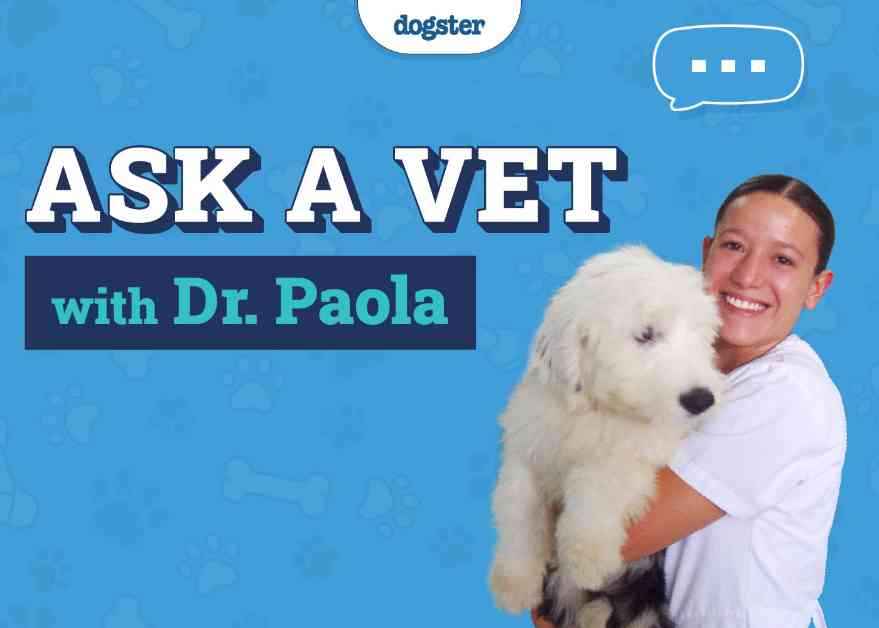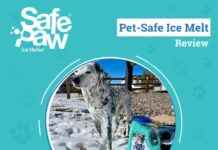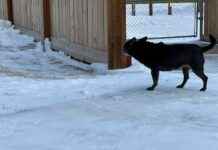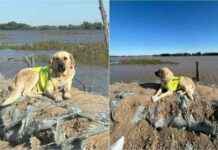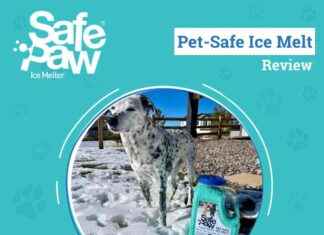Expert Insights on Canine Health and Wellness
Welcome to our weekly installment of “Ask Dr. Paola,” where we delve into the world of canine health and well-being with expert guidance from Dr. Paola Cuevas (MVZ). Every Monday, we bring you insights and advice straight from the veterinary clinic to help you navigate the complexities of caring for your furry friend.
Anal Gland Issues: To Express or Not to Express
Melissa’s question about her beagle mix, Lucy, and her anal gland issues sheds light on a common dilemma faced by many pet parents. The topic of routinely expressing a dog’s anal glands is a contentious one, with conflicting advice circulating in the pet care community. While some believe that manual expression is necessary to prevent issues, others argue that it can do more harm than good in the long run.
Dr. Paola provides valuable insights into this debate, emphasizing the importance of understanding each dog’s unique needs and body dynamics. Anal gland problems are more common in certain breeds, like hounds, due to their anatomy and size. However, indiscriminate expression of the glands can lead to a host of complications, including glandular atrophy and chronic inflammation.
By taking a personalized approach to Lucy’s case, Dr. Paola highlights the significance of monitoring her stool consistency and overall health. While allowing her body to regulate itself is a reasonable strategy, it is essential to be vigilant for signs of discomfort or persistent leakage. Supporting her digestion with a high-fiber diet can aid in natural expression and prevent future issues.
Julia’s Concerns: When Fido Takes a Fall
Julia’s query about her dog’s fall down the stairs underscores the importance of recognizing signs of injury and responding promptly. Dogs, like humans, can suffer from soft tissue injuries, sprains, or fractures as a result of accidents or falls. While dogs may mask their discomfort, changes in behavior or mobility should not be overlooked.
Dr. Paola advises Julia on the initial steps to take after a fall, including rest, restricted movement, and cold compresses to alleviate swelling. Monitoring her dog’s condition closely and seeking veterinary evaluation if symptoms worsen are crucial to ensuring proper care and pain management. Prompt attention to injuries can prevent long-term complications and aid in a speedy recovery.
Bill’s Dilemma: Dealing with Canine Constipation
Bill’s concerns about Ollie’s constipation highlight a common issue faced by pet owners, where dietary changes and hydration play a crucial role in relieving symptoms. However, persistent constipation can signal a more serious problem, such as obstipation or megacolon, requiring immediate veterinary intervention.
Dr. Paola’s advice to Bill stresses the importance of recognizing the urgency of the situation and seeking professional help if Ollie fails to pass stool within a certain timeframe. The potential risks of delaying treatment, such as intestinal blockages or impactions, underscore the need for timely action. By incorporating fiber-rich foods and maintaining Ollie’s hydration levels, Bill can support his dog’s digestive health and prevent complications.
In conclusion, navigating the complexities of canine health requires a balance of proactive care, vigilance, and expert guidance. By staying attuned to their pet’s needs and seeking timely veterinary assistance when necessary, pet owners can ensure their furry companions lead healthy and happy lives. Dr. Paola’s insights serve as a beacon of knowledge in the realm of pet care, offering valuable advice to pet parents seeking to enhance their dog’s well-being.

